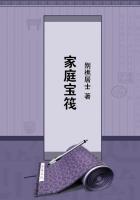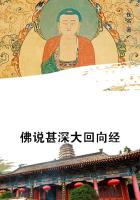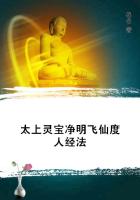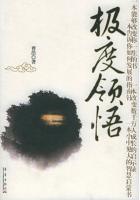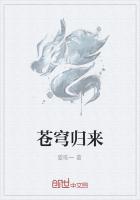Now, although solitude is a prepared, secured, defended, elaborate possession of the rich, they too deny themselves the natural solitude of a woman with a child. A newly-born child is so nursed and talked about, handled and jolted and carried about by aliens, and there is so much importunate service going forward, that a woman is hardly alone long enough to become aware, in recollection, how her own blood moves separately, beside her, with another rhythm and different pulses. All is commonplace until the doors are closed upon the two. This unique intimacy is a profound retreat, an absolute seclusion. It is more than single solitude; it is a redoubled isolation more remote than mountains, safer than valleys, deeper than forests, and further than mid-sea.
That solitude partaken--the only partaken solitude in the world--is the Point of Honour of ethics. Treachery to that obligation and a betrayal of that confidence might well be held to be the least pardonable of all crimes. There is no innocent sleep so innocent as sleep shared between a woman and a child, the little breath hurrying beside the longer, as a child's foot runs. But the favourite crime of the sentimentalist is that of a woman against her child. Her power, her intimacy, her opportunity, that should be her accusers, are held to excuse her. She gains the most slovenly of indulgences and the grossest compassion, on the vulgar grounds that her crime was easy.
Lawless and vain art of a certain kind is apt to claim to-day, by the way, some such fondling as a heroine of the dock receives from common opinion. The vain artist had all the opportunities of the situation. He was master of his own purpose, such as it was; it was his secret, and the public was not privy to his artistic conscience.
He does violence to the obligations of which he is aware, and which the world does not know very explicitly. Nothing is easier. Or he is lawless in a more literal sense, but only hopes the world will believe that he has a whole code of his own making. It would, nevertheless, be less unworthy to break obvious rules obviously in the obvious face of the public, and to abide the common rebuke.
It has just been said that a park is by no means necessary for the preparation of a country solitude. Indeed, to make those far and wide and long approaches and avenues to peace seems to be a denial of the accessibility of what should be so simple. A step, a pace or so aside, is enough to lead thither.
A park insists too much, and, besides, does not insist very sincerely. In order to fulfil the apparent professions and to keep the published promise of a park, the owner thereof should be a lover of long seclusion or of a very life of loneliness. He should have gained the state of solitariness which is a condition of life quite unlike any other. The traveller who may have gone astray in countries where an almost life-long solitude is possible knows how invincibly apart are the lonely figures he has seen in desert places there. Their loneliness is broken by his passage, it is true, but hardly so to them. They look at him, but they are not aware that he looks at them. Nay, they look at him as though they were invisible.
Their un-self-consciousness is absolute; it is in the wild degree.
They are solitaries, body and soul; even when they are curious, and turn to watch the passer-by, they are essentially alone. Now, no one ever found that attitude in a squire's figure, or that look in any country gentleman's eyes. The squire is not a life-long solitary. He never bore himself as though he were invisible. He never had the impersonal ways of a herdsman in the remoter Apennines, with a blind, blank hut in the rocks for his dwelling.
Millet would not even have taken him as a model for a solitary in the briefer and milder sylvan solitudes of France. And yet nothing but a life-long, habitual, and wild solitariness would be quite proportionate to a park of any magnitude.
If there is a look of human eyes that tells of perpetual loneliness, so there is also the familiar look that is the sign of perpetual crowds. It is the London expression, and, in its way, the Paris expression. It is the quickly caught, though not interested, look, the dull but ready glance of those who do not know of their forfeited place apart; who have neither the open secret nor the close; no reserve, no need of refuge, no flight nor impulse of flight; no moods but what they may brave out in the street, no hope of news from solitary counsels.


